Artificial Intelligence (AI) is revolutionizing higher education, driving efficiency, enhancing student outcomes, and transforming administrative processes. While some institutions remain hesitant to adopt AI, fearing its complexity or ethical challenges, many universities are already reaping its benefits. A study by EDUCAUSE found that 59% of institutions are worried about falling behind in AI adoption, with most prioritizing enhanced educational experiences and student services.
The ebook, 11 AI Use Cases in Higher Ed, explores how AI is reshaping the academic landscape, from admissions to student support. Download the free resource and explore the myriad ways higher education institutions are leveraging AI. In this blog post, we spotlight three of the impactful use cases featured in the ebook.
1. Transforming Admissions Processes
Universities like Rutgers and Georgia Tech are using AI to manage increasing application volumes while maintaining fairness and efficiency. AI tools analyze data, screen applications, and assist in decision-making, enabling institutions to process thousands of applications without overwhelming their admissions teams. For instance, Rutgers reduced 400,000 manual transactions in one cycle by automating transcript handling. This not only streamlines operations but also improves applicant experience.
2. Enhancing Student Retention
AI is proving to be a game-changer in identifying at-risk students. Nova Southeastern University employs predictive analytics to anticipate potential issues, enabling personalized interventions before students face significant challenges. Georgia State University uses AI chatbots like one they've named “Pounce” (in deference to their mascot) to guide students through financial aid and registration processes, improving retention and academic success. These tools exemplify how AI can foster proactive, data-driven student support systems.
3. Boosting Administrative Efficiency
From financial aid verification to roommate matching, AI is simplifying time-intensive administrative tasks. Universities like Texas A&M and New York University use AI to process transcripts and match roommates based on compatibility, saving staff hours and enhancing the student experience. By automating routine processes, institutions can reallocate resources to more strategic initiatives.
For more such use cases, including how AI is revolutionizing research, museum engagement, and fundraising, and to read more about each one of them download the ebook today.
Further, the ebook captures more vital information for stakeholders. Here is a summary of a few key sections.
How to Get Started with AI
For institutions ready to embrace AI, the ebook provides a step-by-step implementation guide:
- Assess Your Needs: Identify key areas for improvement, such as admissions or retention.
- Build a Roadmap: Develop a strategic plan with clear milestones and stakeholder involvement.
- Start Small: Pilot AI initiatives in high-impact areas to build confidence and gain insights.
- Focus on Training: Equip faculty, staff, and students with the knowledge to use AI effectively and ethically.
- Evaluate and Iterate: Monitor outcomes, refine strategies, and scale successful projects.
These actionable steps make adopting AI manageable, ensuring a smooth transition and meaningful results. Download the ebook to explore these strategies at length.
Navigating Ethical Challenges
The ebook emphasizes the importance of addressing ethical considerations in AI adoption. It outlines key challenges, including:
- Bias and Fairness: Ensuring diverse data sets to minimize algorithmic bias.
- Privacy and Security: Protecting student data through robust policies.
- Transparency and Accountability: Making AI systems understandable and accountable to all stakeholders.
- Access and Equity: Avoiding practices that exacerbate the digital divide.
Guidelines such as creating AI ethics policies, conducting regular audits, and educating users can help institutions navigate these challenges responsibly.
Partnering with Experts
For universities seeking tailored guidance, the ebook illustrates how partnering with AI experts and specialized organizations can simplify the adoption process. From strategic planning to deployment and training, ELB Learning can help institutions maximize AI's potential while ensuring ethical and efficient use.
Ready to explore the full potential of AI in higher education?
Download "11 AI Use Cases in Higher Ed" now and take the first step toward a smarter, more inclusive future for your institution!








